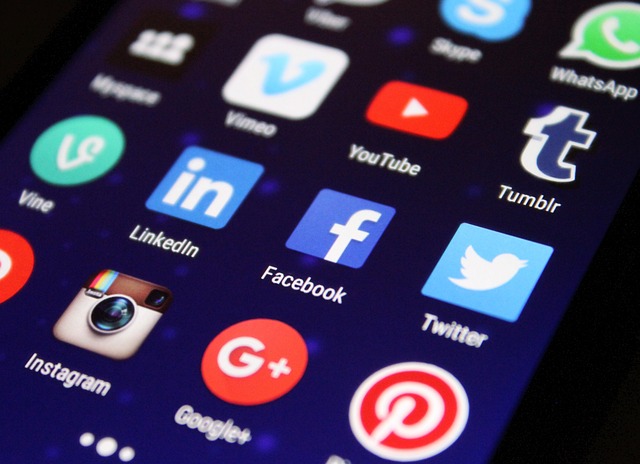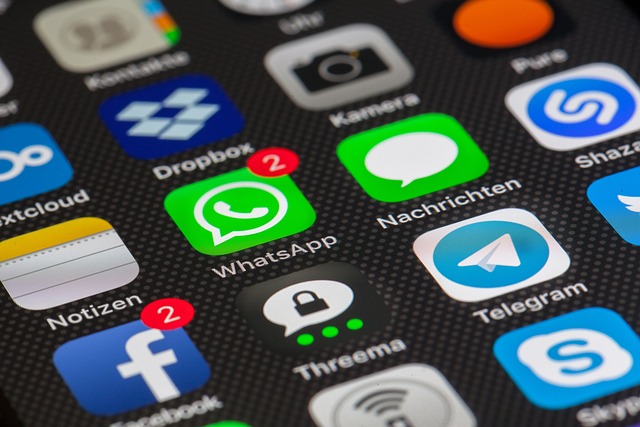Table of Contents
Social Media and Mental Health: Side Effects of Self-Diagnosis. Social media has transformed how we access information, including mental health content. Platforms like TikTok, Instagram, and Twitter are filled with posts about anxiety, depression, ADHD, and other mental health conditions. While this increased awareness is valuable, a concerning trend has emerged—self-diagnosis.
Millions of people now turn to social media for mental health insights, often diagnosing themselves based on short videos, infographics, or personal stories. While self-awareness is important, self-diagnosing mental health conditions without professional guidance can have serious side effects.
In this article, we’ll explore the risks of self-diagnosis, why social media fuels this trend, and how to balance online mental health awareness with responsible self-care.
The Rise of Self-Diagnosis on Social Media
Social media makes mental health information more accessible than ever. With a simple scroll, users find posts about symptoms of depression, anxiety, ADHD, bipolar disorder, and more. The growing acceptance of mental health discussions has removed stigma—but it has also led to oversimplified and sometimes misleading information.
Why Is Self-Diagnosis So Popular?
🔹 Relatable Content: Many people see videos describing symptoms that match their experiences, leading them to believe they have a specific condition.
🔹 Lack of Access to Professional Help: Therapy can be expensive, and long wait times push people to seek answers elsewhere.
🔹 Desire for Validation: Having a label for their struggles makes people feel understood.
🔹 Algorithm-Driven Content: Social media platforms use algorithms that amplify content based on user engagement, making it easy to be bombarded with posts reinforcing self-diagnosis.
While these factors explain why self-diagnosis is increasing, they don’t justify its potential harm.
The Side Effects of Self-Diagnosing Mental Health Conditions
1. Misdiagnosis and Overgeneralization
Mental health symptoms can overlap across multiple disorders. For example:
✅ Anxiety and ADHD both involve restlessness.
✅ Depression and burnout share symptoms like fatigue and low motivation.
✅ OCD and generalized anxiety disorder both involve excessive worry.
Without a professional evaluation, people may misdiagnose themselves and overlook the real issue. A person with trauma may think they have ADHD, while someone with an iron deficiency may mistake fatigue for depression. Misdiagnosis can delay proper treatment and worsen mental health.
2. Placebo Effect and Self-Fulfilling Prophecy
When people strongly believe they have a condition, they may start noticing and reinforcing symptoms that fit their self-diagnosis. This is known as the placebo effect or a self-fulfilling prophecy.
For example, if someone reads that “forgetfulness is a sign of ADHD,” they may start hyper-focusing on every time they misplace their keys or forget an appointment—convincing themselves they have ADHD, even if their forgetfulness is within normal limits.
3. Avoiding Professional Diagnosis and Treatment
Many people self-diagnose because they don’t have access to professional care. Social Media and Mental Health: Side Effects of Self-Diagnosis. However, some avoid seeing a therapist because they believe their social media-based self-diagnosis is correct.
Professional mental health assessments involve:
🔹 Clinical interviews to explore symptoms and history.
🔹 Rule-outs for medical conditions that mimic mental disorders.
🔹 Psychological testing to confirm diagnoses.
Relying on a self-diagnosis instead of seeking professional evaluation can lead to ineffective or even harmful coping strategies.
4. Inappropriate Use of Medication and Treatment
Some self-diagnosed individuals seek medication without a formal diagnosis. This can lead to:
✅ Using the wrong medication: Someone who misdiagnoses anxiety as ADHD may push for stimulant medications, which can worsen anxiety.
✅ Misinformed self-treatment: Some people use herbal remedies or supplements based on social media advice, which may interact with prescribed medications.
Proper treatment requires an individualized approach, which only a licensed professional can provide.
5. Increased Anxiety and Health Obsession
Scrolling through mental health content can create excessive worry. Some users develop health anxiety (hypochondria) and start believing they have multiple disorders. This can lead to:
🔹 Constant symptom-checking and overanalyzing emotions.
🔹 Stress from identifying with multiple mental illnesses.
🔹 A sense of hopelessness when convinced they have an incurable condition.
Instead of providing clarity, social media-based self-diagnosis can leave people feeling more anxious and overwhelmed.
How Social Media Algorithms Amplify Self-Diagnosis
Social media platforms reward engaging content, meaning posts that get likes, shares, and comments are shown to more users. Unfortunately, mental health content often goes viral—even when it’s misleading.
How Algorithms Influence Self-Diagnosis:
🔹 Confirmation Bias: If someone watches one video about ADHD, the algorithm will show them more ADHD-related content, reinforcing their belief that they have the condition.
🔹 Sensationalized Content: Creators simplify symptoms for entertainment, leading to misleading generalizations.
🔹 Personal Stories vs. Professional Advice: Social media prioritizes personal experiences over expert knowledge, meaning self-diagnosed individuals may have more influence than trained psychologists.
Because of these factors, users can quickly fall into a mental health content rabbit hole—convincing themselves they have a disorder based on repetitive, algorithm-driven exposure.

How to Use Social Media Responsibly for Mental Health Awareness
Social media isn’t all bad when it comes to mental health. It can be a great tool for education, support, and breaking stigma—but only if used wisely.
✅ Best Practices for Responsible Mental Health Consumption:
1️⃣ Cross-Check Information
- Look for mental health content from licensed professionals, not just influencers.
- Compare sources—if symptoms seem too broad or overly simple, be cautious.
2️⃣ Avoid Self-Diagnosing Based on Social Media
- If you relate to a mental health post, use it as a starting point, not a diagnosis.
- Consider journaling symptoms and tracking patterns before assuming a disorder.
3️⃣ Seek Professional Guidance
- If you suspect a mental health condition, consult a licensed therapist, psychologist, or psychiatrist.
- Many clinics offer low-cost or online therapy options for those with financial limitations.
4️⃣ Limit Doomscrolling Mental Health Content
- Overexposure can lead to health anxiety and obsession.
- Take breaks from constant self-analysis and focus on self-care activities.
5️⃣ Engage in Community Support Thoughtfully
- Online communities can provide support, but they shouldn’t replace professional care.
- Be mindful of echo chambers that reinforce self-diagnosis without evidence.
Final Thoughts: Awareness vs. Diagnosis
The rise of mental health content on social media has increased awareness and reduced stigma, which is a huge step forward. However, self-diagnosis without professional evaluation carries serious risks, from misdiagnosis to inappropriate treatment.
While it’s okay to relate to mental health content, it’s crucial to approach it with critical thinking. Social media can be an educational tool, but it should never replace professional medical guidance.
If you’re struggling with your mental health, reach out to a licensed professional instead of relying solely on TikTok, Instagram, or Reddit. The right diagnosis and treatment can make all the difference


